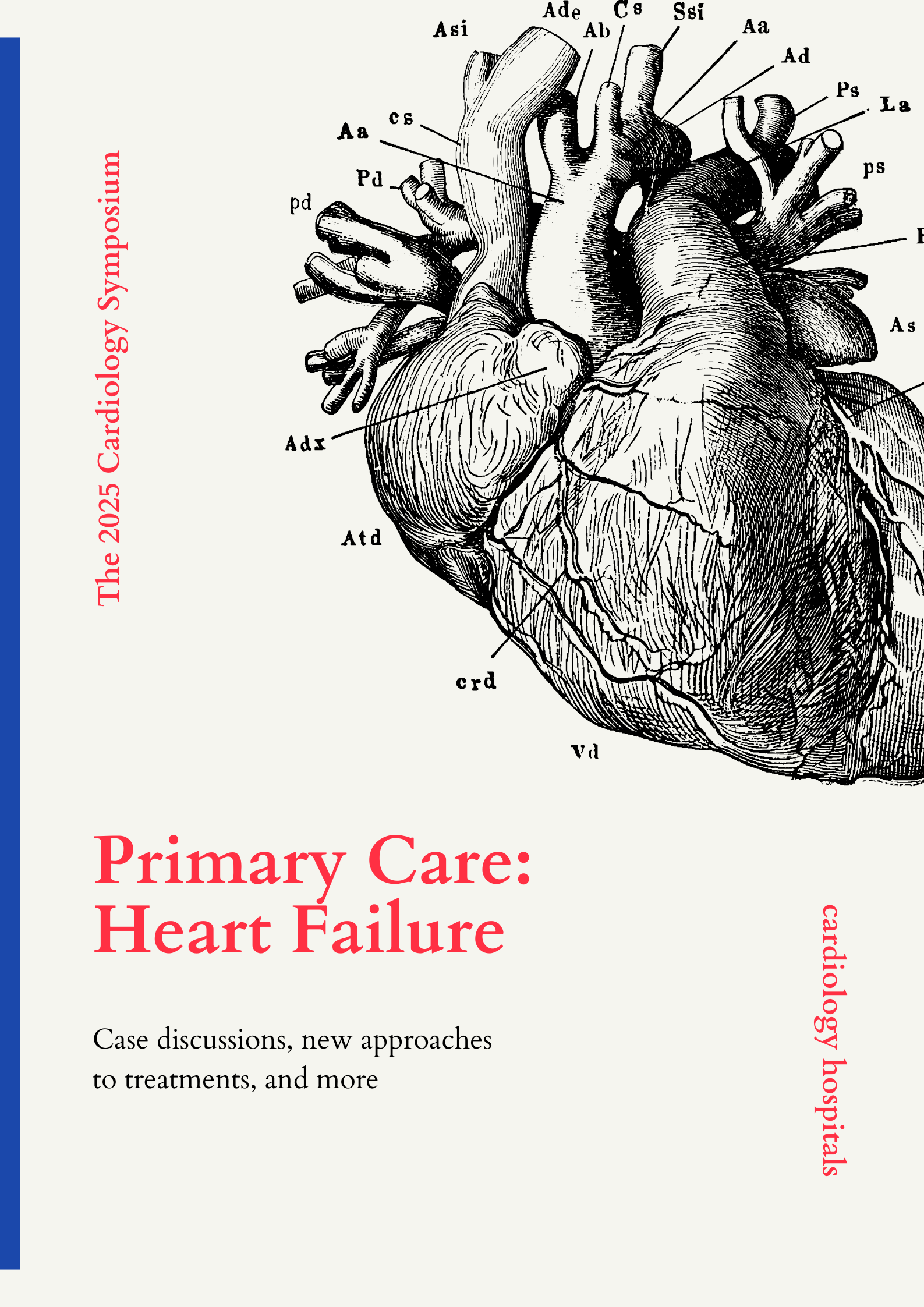Maintaining a healthy heart is crucial for overall well-being, and what you eat plays a major role in keeping your cardiovascular system in top shape. A heart-healthy diet helps reduce the risk of heart disease, lowers blood pressure, improves cholesterol levels, and supports better circulation. Incorporating the right foods into your daily meals can have long-term benefits for your heart. Here are ten of the best foods to support a healthy heart.
1. Fatty Fish
Fatty fish like salmon, mackerel, sardines, and trout are packed with omega-3 fatty acids, which are essential for heart health. Omega-3s help reduce inflammation, lower triglycerides, and decrease the risk of heart arrhythmias (irregular heartbeats). Eating fatty fish at least two times a week can help improve overall heart health and prevent heart disease.
2. Oats
Oats are a great source of soluble fiber, which helps lower LDL (bad) cholesterol levels. The soluble fiber in oats binds with cholesterol and helps remove it from the bloodstream. Consuming oats for breakfast or as part of your meals can support healthy cholesterol levels and reduce the risk of heart disease.
3. Berries
Berries like blueberries, strawberries, raspberries, and blackberries are rich in antioxidants and flavonoids, which can help reduce inflammation and oxidative stress in the body. These compounds are also linked to improved cholesterol levels, better blood pressure control, and a reduced risk of heart disease. Berries are also high in fiber, which further supports heart health.
4. Leafy Greens
Leafy greens such as spinach, kale, collard greens, and Swiss chard are rich in essential vitamins and minerals like potassium, which help regulate blood pressure. These vegetables are also packed with fiber and antioxidants that help reduce the risk of heart disease. Adding leafy greens to your meals can enhance heart health and improve circulation.
5. Nuts and Seeds
Nuts and seeds, including almonds, walnuts, chia seeds, and flaxseeds, are excellent sources of healthy fats, fiber, and protein. They contain unsaturated fats that can help lower bad cholesterol and improve heart function. Walnuts, in particular, are high in omega-3 fatty acids, making them especially beneficial for heart health. Just be mindful of portion sizes, as nuts are calorie-dense.
6. Avocados
Avocados are packed with monounsaturated fats, which are known to support heart health by reducing LDL cholesterol while boosting HDL (good) cholesterol levels. Avocados are also rich in potassium, which helps regulate blood pressure. Including avocado in your diet can improve heart function, reduce inflammation, and support healthy cholesterol levels.
7. Olive Oil
Olive oil is a key component of the Mediterranean diet, which has been shown to promote heart health. It is rich in monounsaturated fats and antioxidants, which help reduce inflammation and lower the risk of heart disease. Choosing extra virgin olive oil, which retains the most nutrients, can be a heart-healthy alternative to butter or other cooking oils.
8. Beans and Legumes
Beans, lentils, and other legumes are excellent sources of fiber, protein, and micronutrients like potassium and magnesium, which help maintain healthy blood pressure. These plant-based foods can also reduce bad cholesterol levels and help control blood sugar levels, making them an excellent addition to a heart-healthy diet. Aim to include beans and legumes in meals such as soups, salads, and stews.
9. Dark Chocolate
Dark chocolate, specifically varieties with 70% or higher cocoa content, is rich in flavonoids that help lower blood pressure and improve blood flow. The antioxidants in dark chocolate may also help protect against oxidative stress and inflammation, which contribute to heart disease. While dark chocolate has heart-healthy benefits, it should be consumed in moderation to avoid excess sugar and calories.
10. Tomatoes
Tomatoes are high in lycopene, a powerful antioxidant that has been shown to reduce the risk of heart disease by lowering blood pressure and cholesterol levels. Lycopene helps protect the heart and blood vessels from damage caused by oxidative stress and inflammation. Eating tomatoes raw or in cooked forms, like sauces, can provide significant heart-health benefits.
Conclusion
A heart-healthy diet doesn’t have to be complicated. By including a variety of whole foods like fatty fish, oats, berries, leafy greens, and healthy fats from nuts, seeds, and olive oil, you can reduce your risk of heart disease and improve your cardiovascular health. Remember that small changes, like replacing processed foods with nutrient-dense options, can have a big impact on your overall heart health. By making these heart-healthy foods a regular part of your meals, you’ll be taking essential steps toward protecting your heart and living a longer, healthier life.
